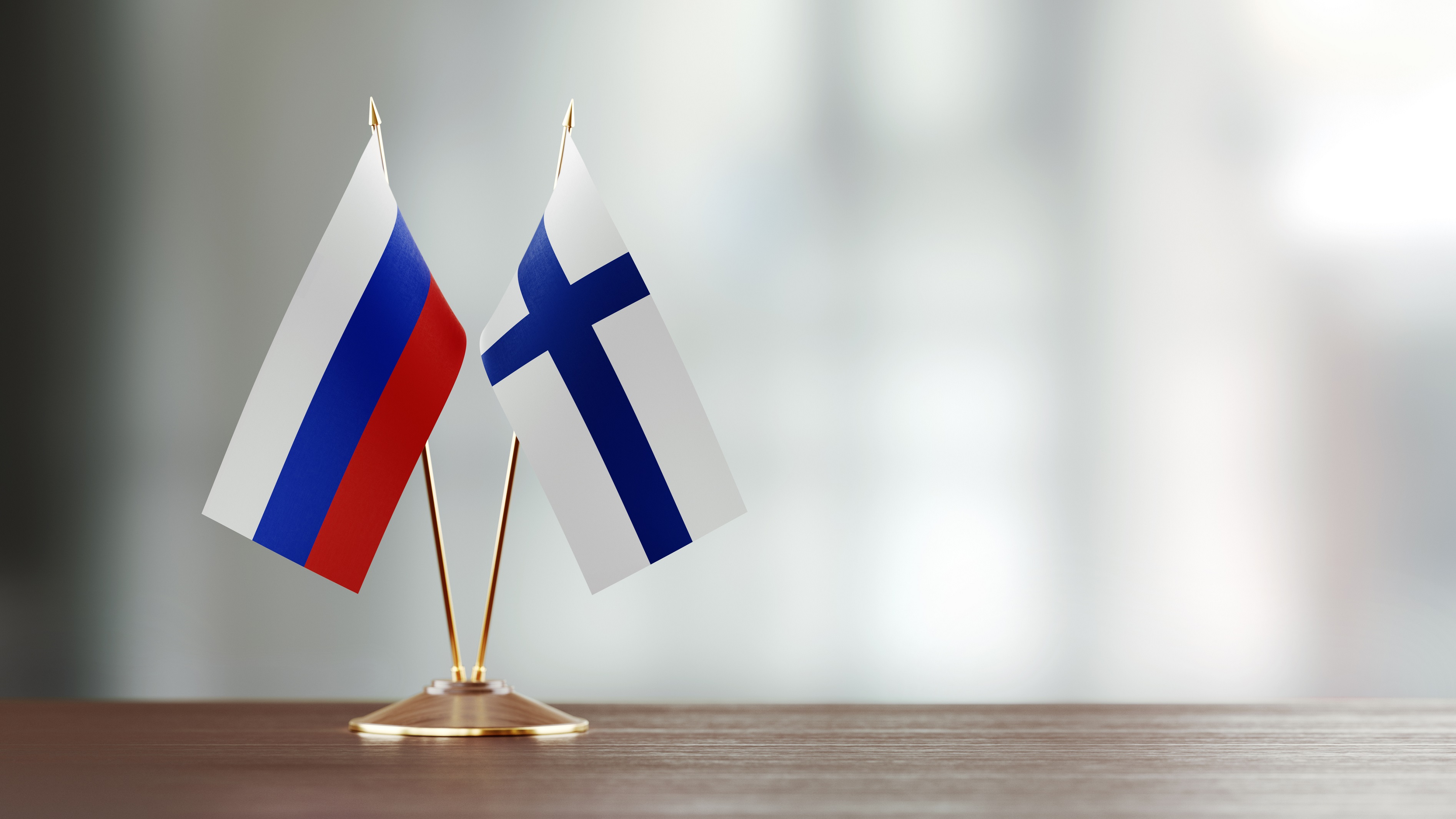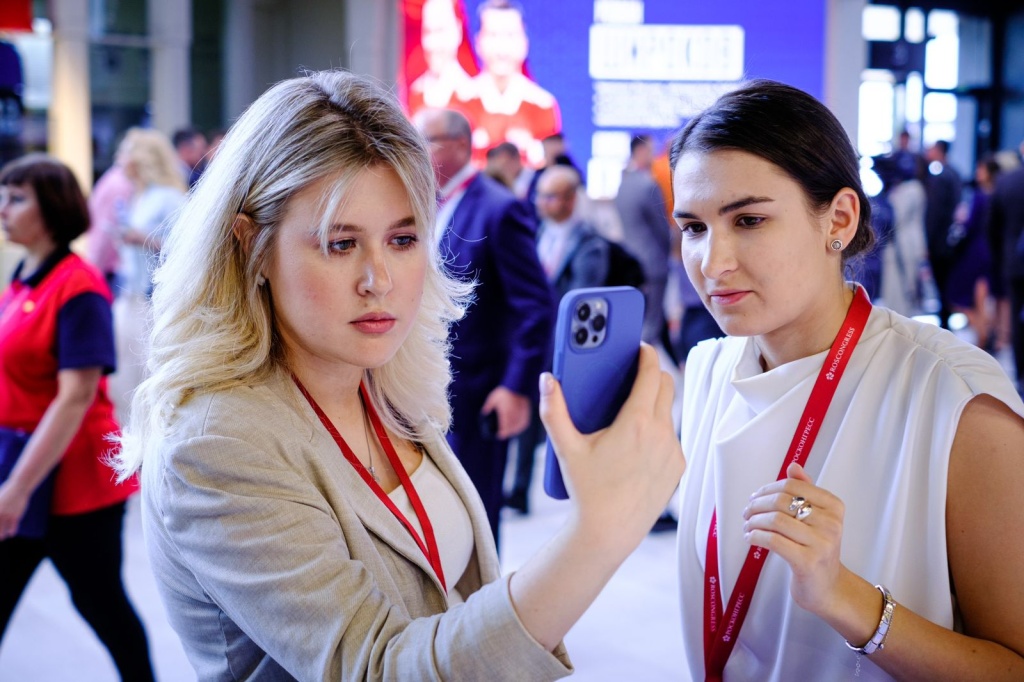
Russia and Finland to Discuss the Development of Circular and Bioeconomy
On 24 May SPIEF 2018 will host a business dialogue Russia – Finland during the event’s Business Programme. Representatives of both states will discuss the development of circular economy in Russia, as well as the bioeconomy potential in economic cooperation between the two countries.
Bioeconomy is based on natural resources renewal in the production of food, energy, goods and services. In Russia, a comprehensive biotechnology development program has been approved until 2020. In Finland, it is integrated in the state development strategy.
The dialogue brings up the discussion of methods and technologies that will allow us to shift to the sustainable use of biological resources and loosen the economy’s dependence on the extraction and export of minerals. The transition to an economy that is based on the transformation of renewable biological resources into bioenergy or other products opens up unique opportunities for the development of Russia.
“The ecological state of our planet leaves much to be desired, and according to various experts, each passing year exacerbates the issues. We must turn this situation around, ensure the preservation and renewal of natural resources, and treat nature more judiciously. Environmental friendliness is not just a recent fade but an imperative, it's a pre-requisite for technological progress and development of both the economy and the society,” said Sergei Ivanov, Special Presidential Representative for Environmental Protection, Ecology and Transport.
The Ambassador of Russia in Finland Pavel Kuznetsov noted: “In addition to the traditional economic cooperation between Russia and Finland, the so-called Clean Technology possesses a strong potential. According to the European Environmental Performance Index, Finland is the ‘greenest’ country in the world. Finnish companies, including world-renowned ones, implement Clean Technology innovations across the board. It illustrates their overall competence in environmental matters. In Russia, environmental protection has also become one of the priorities for the state. Much work is in progress on the introduction of the principles of a closed cycle economy. I believe there lies a great window of opportunities for joint effective developments.”
In turn, Esko Aho, Prime Minister of Finland (1991 – 1995), Executive Chairman of the Board at East Office of Finnish Industries emphasized: “Russia is rich in valuable subsoil resources such as oil and gas, along with diverse biomaterials. Since back in the day, Finland has been a leader in the world forestry market. Both countries have what it takes to move from an economy based on processing minerals to bio economics and the principles of circular economy.
For many years, Russian and Finnish companies are in close trade and investment cooperation. The total volume of direct investments from Finnish companies in overhauling the Russian industry amounted to about 12 billion Euros. This is more than in any other country per capita.”








